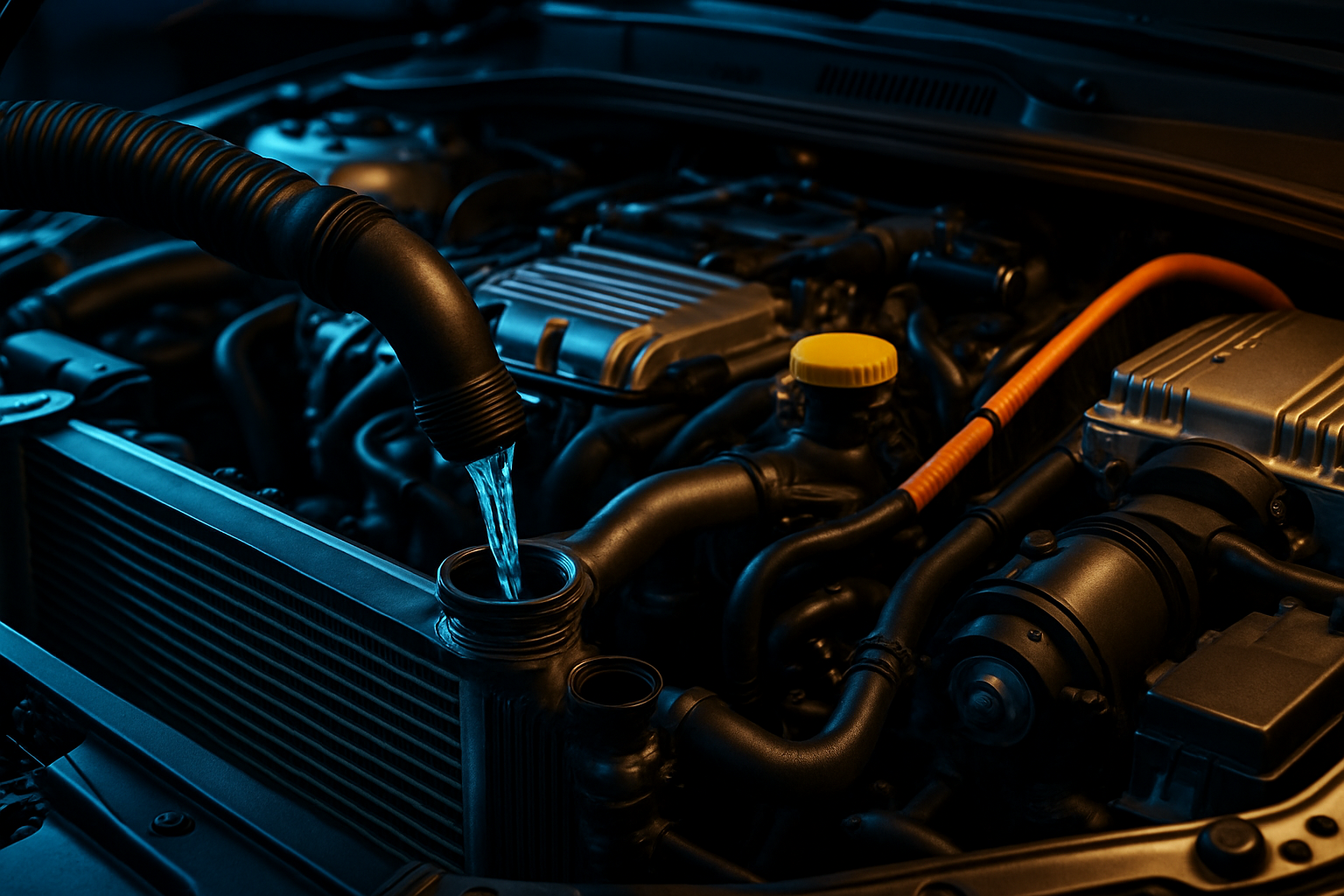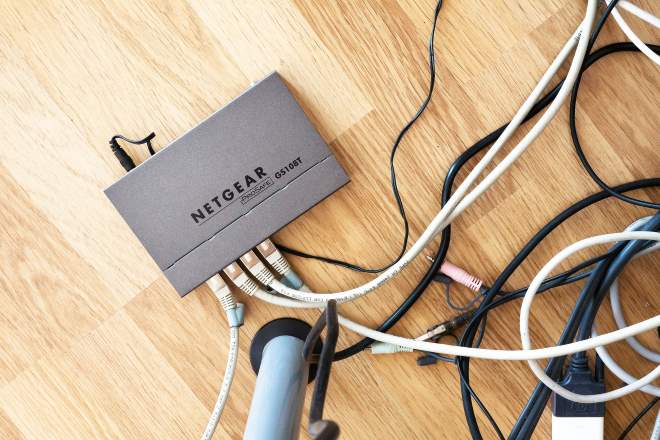Jasper Remanufactured Car Engines Guide - Quality and Cost Information Guide
Jasper remanufactured car engines offer vehicle owners a cost-effective alternative to purchasing brand new engines. These professionally rebuilt powerplants undergo extensive restoration processes to meet original equipment manufacturer specifications. Understanding the quality standards, pricing factors, and benefits of Jasper engines helps consumers make informed decisions when facing engine replacement needs.

When facing engine failure or significant mechanical issues, vehicle owners often find themselves weighing the costs and benefits of different replacement options. Remanufactured engines have emerged as a popular middle-ground solution, offering reliability improvements over used engines while maintaining affordability compared to brand-new units. Jasper Engines & Transmissions has established itself as a major player in this market, providing remanufactured powerplants for various vehicle applications.
What Makes Jasper Remanufactured Car Engines Different
Jasper remanufactured engines undergo a comprehensive rebuilding process that sets them apart from simple engine repairs or used engine installations. The remanufacturing process begins with complete engine disassembly, where each component receives individual inspection and testing. Worn or damaged parts are replaced with new or remanufactured components that meet original equipment specifications.
The company employs computerized testing equipment to verify engine performance before shipment. This includes dynamometer testing that simulates real-world operating conditions, ensuring each engine meets power and efficiency standards. Additionally, Jasper engines receive updated components that address known weaknesses in original designs, potentially improving long-term reliability over the original factory engine.
Quality Standards and Manufacturing Process
The remanufacturing process follows strict quality control protocols throughout each stage of production. Engine blocks undergo magnafluxing to detect invisible cracks, while cylinder heads receive pressure testing to ensure proper sealing. Machine work includes precision boring, honing, and surfacing to restore components to original specifications.
New gaskets, seals, and wear items are installed during reassembly, along with updated components where applicable. The process includes installation of new timing chains, oil pumps, water pumps, and other critical components that commonly fail in high-mileage engines. Each completed engine receives a comprehensive inspection before packaging and shipment to ensure it meets established quality standards.
Benefits of Choosing Remanufactured Engines
Remanufactured engines offer several advantages over both used and new engine options. Cost savings represent the primary benefit, with remanufactured units typically costing 40-60% less than new engines while providing similar reliability expectations. The comprehensive rebuilding process addresses common failure points, potentially extending engine life beyond what might be achieved with a used engine.
Warranty coverage provides additional peace of mind, with many remanufactured engines including nationwide warranty protection. This coverage often exceeds what is available with used engines and provides protection against manufacturing defects. The availability of remanufactured engines also helps keep older vehicles operational when new engine options may be discontinued or prohibitively expensive.
Cost and Price Influencing Factors for Engine Replacement
Several factors influence the final cost of remanufactured engine installation beyond the initial purchase price. Engine complexity, vehicle accessibility, and required supporting component replacement all impact total project costs. Labor rates vary significantly by geographic location and shop type, with dealership installations typically commanding premium pricing over independent repair facilities.
Additional costs may include fluids, filters, belts, hoses, and other components that should be replaced during engine installation. Some installations require transmission removal or other major disassembly, increasing labor time and costs. Core charges, which are refunded upon return of the original engine, also affect initial out-of-pocket expenses.
| Engine Type | Provider | Cost Estimation |
|---|---|---|
| 4-Cylinder Remanufactured | Jasper Engines | $3,500 - $5,500 |
| V6 Remanufactured | Jasper Engines | $4,500 - $7,000 |
| V8 Remanufactured | Jasper Engines | $5,500 - $9,000 |
| 4-Cylinder Remanufactured | Powertrain Products | $3,200 - $5,200 |
| V6 Remanufactured | Powertrain Products | $4,200 - $6,700 |
| V8 Remanufactured | Powertrain Products | $5,200 - $8,500 |
Prices, rates, or cost estimates mentioned in this article are based on the latest available information but may change over time. Independent research is advised before making financial decisions.
Installation costs typically range from $1,500 to $4,000 depending on vehicle complexity and local labor rates. Additional components like motor mounts, exhaust manifolds, or cooling system parts may require replacement during installation, adding to total project costs. Geographic location significantly impacts both parts availability and labor pricing, with urban areas generally commanding higher rates than rural locations.
Remanufactured engines provide a viable solution for vehicle owners seeking reliable power without the expense of new engine purchases. The combination of thorough rebuilding processes, quality control measures, and warranty protection makes remanufactured engines an attractive option for many repair scenarios. Understanding the factors that influence pricing and quality helps consumers make informed decisions about their engine replacement needs while maintaining realistic expectations about costs and performance outcomes.




